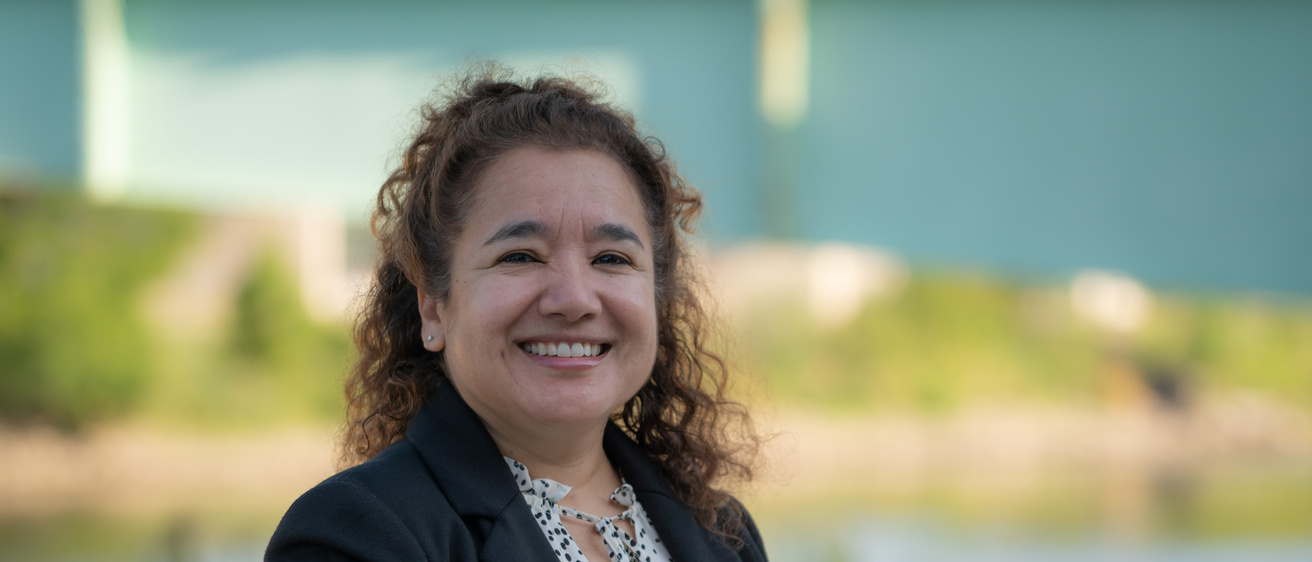Ann Santos, a new clinical associate professor in school psychology, wants to teach her students that with great power comes great responsibility.
Santos is a three-time alumna of the University of Iowa, earning her Master of Arts degree in rehabilitation counseling, her Education Specialist degree in school psychology, and finally her Ph.D. in school psychology.
Santos was also a clinical assistant professor and practicum coordinator for the University of Iowa College of Education school psychology program from 2008-2014.
“My favorite part of my work is being able to advise students and witness their development through the years. It’s always interesting to see how much they grow over their time in the program,” says Santos. “In the beginning they are very nervous about going into different settings and then seeing all the skills that they learned and the great things that they are doing when they finish the program.”
She is excited to return to the College of Education to help build the new school psychology program.
‘I’m excited to work with all of our program faculty including Stewart Ehly, Susan Assouline, Kelly Schieltz and Matthew O’Brien. I’m also excited to work with people across the college in different departments to see how we can work together and make our program stronger. There is a big investment in this program from our faculty, alumni, and other faculty in the college,” says Santos.
Santos wants to teach her students about the responsibility that comes with being a school psychologist.
“I always talk to my students about the responsibility we have to the individuals we serve. I urge them to be reflective about what they do in whatever position they have. They need to be responsive to the systems that they are in and the people they are working with,” says Santos. “Our job has real consequences and we need to be very thoughtful about what we’re doing. We have the power to diagnose and label kids and make decisions about their educational course and with that comes great responsibility.”
Santos recalls working with a student who was incorrectly diagnosed with an intellectual disability, which negatively impacted his academic trajectory.
“I once worked with a student who came into the school with an intellectual disability (ID) diagnosis from out of state and upon arrival he began to wreak havoc in his class. After talking to him, he told me how much he loved science. I’ve never worked with a student who talked to me at length about science the way he did,” says Santos. “After looking at his file, I discovered that he had been given the diagnosis of an intellectual disability because he had a significant speech impediment and he stuttered when he spoke. It was difficult for others to understand him, so he scored low on the assessment and they slapped on the label of ID. For years he had been sitting in an intellectual disabilities classroom when he did not have an intellectual disability. He was acting out because he needed more academic challenges. This big decision that was made changed everything for this student for so long. We have a lot of power, but we also have a great responsibility to the people that we serve.”
Santos is also excited to speak with former school psychology students about how they can work together to create a stronger program.
“It is nice to talk to former students about where they are now and how the program contributed to that. It helps to remind me why I do this work,” says Santos.
